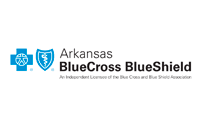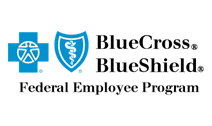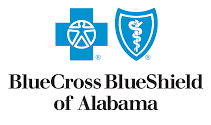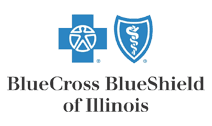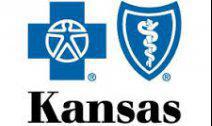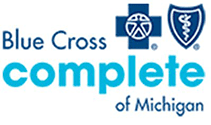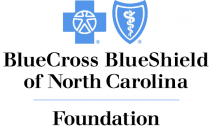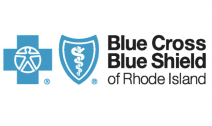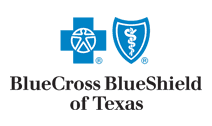High Cholesterol Q & A
High cholesterol contributes to heart disease, the leading cause of death and disability in the U.S. When you have too much bad (LDL) cholesterol, it can build up in your arteries and cause a narrowing or blockage. This is the main cause of heart attacks and can also cause a stroke. Make sure your cholesterol isn’t reaching dangerous heights, make an appointment with the skilled doctors at Annandale Primary Care today for a checkup.
Does my body needs cholesterol?
Your liver makes cholesterol, which is needed for cell membrane integrity, brain function, vitamin storage in the body, and hormone production. There are two types of cholesterol: LDL (low-density lipoprotein, aka bad cholesterol) and HDL (high-density lipoprotein — the good stuff). When your body has too much LDL, problems occur, like heart disease. You may not have any signs of high cholesterol, which makes it imperative to have it checked before complications arise.
What can I do to reduce my risk of high cholesterol?
To reduce your risk of high cholesterol, you should:
- Maintain low blood pressure
- Avoid saturated fat in food, such as red meat and dairy
- Eliminate trans fats
- Exercise often
- Increase intake of soluble fiber
- Avoid cigarette smoking
- Maintain a healthy weight
What if I have high cholesterol?
When you have too much bad cholesterol (LDL), it builds up in your arteries and causes narrowing or blockages that can lead to a heart attack or stroke. At Annandale Primary Care, your doctor measures your cholesterol with a simple blood test. If your LDL levels are high, lifestyle changes are recommended to lower it so you can avoid complications, such as heart disease. These lifestyle changes are easy to do and include eating food low in saturated fat, cutting out trans fats, losing weight, and exercising regularly.
What is the best way to prevent heart disease?
Healthy eating habits can go a long way towards heart disease prevention. Making healthy food choices on a daily basis can keep your cholesterol, blood pressure, and weight low. Staying at a healthy weight and losing weight if you need to are also very important, as is regular exercise. Make an appointment at Annandale Primary Care to develop a plan for lifelong heart health.
With access to
24 Hour
Emergency
Assistance
Undiagnosed patients can unknowingly transmit the disease to others. Early diagnosis can help to prevent or stop an outbreak.







